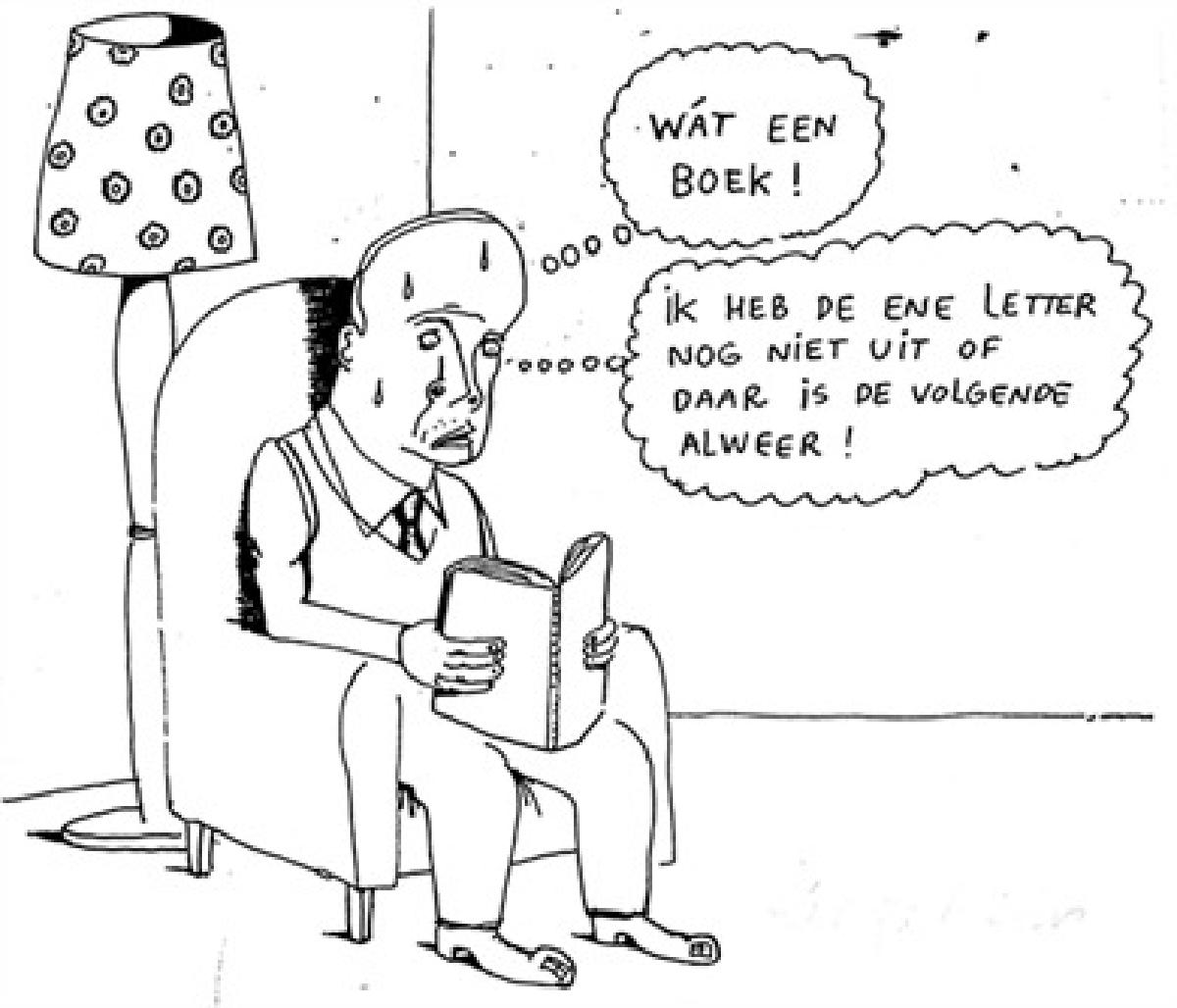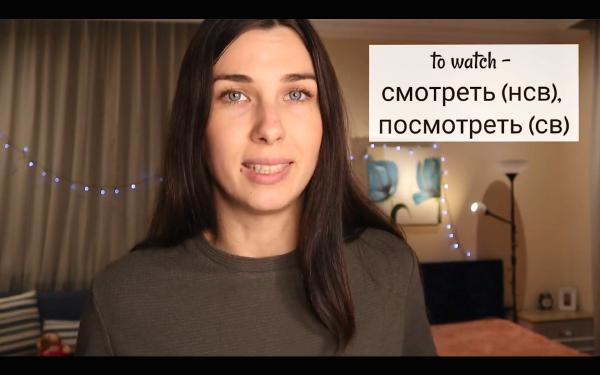Gluing Sounds
Russian is a phonetic language. The way you pronounce words is how you write them. The way they are written tells you how to pronounce them. Each letter has its own sound and generally keeps it. Unlike Dutch and English, Russian is quite consistent in this regard.
(Image ©
Gummbah)
From Letters to Words
The first step in Russian – learning the alphabet – is already a big step forward. Once you know the letters and their sounds, you can immediately read and pronounce a lot. You just glue the sounds together and try not to stumble.
Exceptions
Russian is a language with many rules, and for every rule, there’s an exception. An unstressed о sounds like an а. This is useful to know since о is the most common letter in Russian ( Wikipedia). Moreover, г (a “g” as in good) sometimes sounds like a “v” (as in сегодня – today), but at the end of a word, it can sound like a “k.” And there’s more like that.
Not hard at all, says Fedor. “Russian is one thing. English is way worse. Okay? Way worse!” (from 0:20).
Stress
Where the stress falls affects the pronunciation of vowels, and it can also change the meaning of a word. So, the placement of stress is важно (vazjna) – important, and in learning materials, it is often indicated with an accent mark (вáжно).
More
- Why O Sounds Like A in Russian (Real Russian Club, 2018, 6 m)
- Russian Word Stress (Denis Fedorov, 2017, 15 m)
- Vowel Reduction (Russian grammar, 2016, 6 m)
- Say It Right! A and O (Be Fluent in Russian, 2016, 5 m)
- Pronunciation Rules of the Russian Vowels А, О, У, Э, Ы (Christina Bjorn, 2014, 8 m)
- Russian Sounds (Denis Fedorov, 2016, 7 m)
last edited 04-03-2021
More








